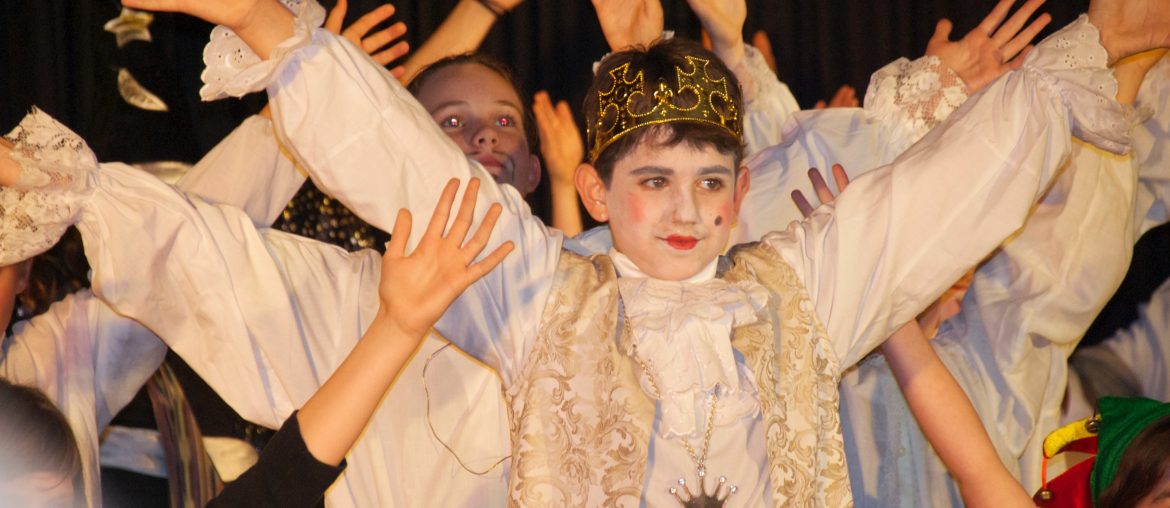Nine months ago I moved to the Start Up Nation, a country that is synonymous with innovation and entrepreneurship. It was obvious to me as we prepared for the move that I was going to teach in Israel. I have spent all my adult life in education and I didn’t feel ready to give it up. I knew there would be challenges. I’d heard stories and rumours. But I resolved to give it a go.
What I have discovered in the Israeli education system has saddened me greatly. The public education system I have experienced is the antithesis of the Start Up Nation. The Israeli educational system is a bureaucratic behemoth. It is arcane, it is slow and it is a mess. And the reality on the ground is reflective of this.
I decided to start writing about my experiences teaching in Israel. Part of this is catharsis. I have always felt liberated by translating experience into words. I also want to document my own learning. What I have tried to do is bring the spirit of innovation into my classes. I’d love your contributions and feedback so that we can create a community of committed educators all over the world who care about bringing teaching into the Start Up era.
To begin with, I would like to share some insights and vignettes inspired by Israel’s recent celebration of 70 years of independence.
Fear of failure, fear of making mistakes, fear in general – is stressful and crippling. I’m not being hyperbolic here. I use both of those words advisedly. Your brain is literally crippled by fear and stress. When we experience fear, our brain reverts to our ancient, pre-programmed fight, flight and freeze responses. Fear does not allow students to function, let alone learn, at their best. And yet, fear is a constant feature in the Israeli school system.
My Year 5 class was studying a unit about animals. It’s a pretty arcane unit of study because, let’s be serious, how often do we English speakers really talk about animals? Moreover, farm animals aren’t a major feature of these 10-year-olds’ worlds. So I thought about how I could make this unit more relevant to my students. I decided to put on a play. I adapted Julia Donaldson’s fabulous book/play “What the Ladybird Heard” into a play for 36 students (no mean feat!) and went to senior management to discuss the logistics and budget of putting it on.
When I spoke to a senior member of staff of my intentions, we’ll call her Ms. Trunchbull, she was flummoxed. At first she asked: “but why? This isn’t in the textbook”.
I sighed and explained the benefits of collaborating as a class to stage this play. That the students would be responsible for learning their lines, helping others learn their lines, blocking the movements, thinking about and executing a lighting plan, staging and backdrops. I explained that not only would they learn all the vocabulary from the textbook but that they would learn to speak in front of an audience, to manage a project, to collaborate and to think critically and creatively.
The response was flabbergasting.
“No.” She said. “There are simply too many ways for them to make mistakes and embarrass themselves and us in front of their parents.”
Being a determined, I managed to convince management to let me take put on the play despite their reservations. It was beautiful. It was child-centred. The pride that the students felt when the play ended was extraordinary.
But the experience got me thinking about the nature of mistakes. More specifically about the fear of making them. And how that cripples our educational decision making.
In honour of Israel’s 70th Independence Day celebrations, Inbal Arieli has created a gorgeous mosaic of successful Israeli tech professionals and the experiences that helped shape their success. These individuals, the epitome of Start Up Nation entrepreneurs, were all asked the same 12 questions. Interestingly, many of them say that the worst piece of advice they ever received was to give up because they were never going to succeed anyway (Dov Moran, Benny Levin, Shai Wininger, Eilon Tirosh, Yifat Oron) and/or to accept the status quo (Guy Gamzu, Mooly Eden).
This fear of risk, fear of making (and LEARNING from) mistakes cripples children’s natural instincts to try. Let’s not be the ones who are remembered for giving young people the worst piece of advice they ever received. Let’s be remembered for awakening their curiosity. For inspiring their innovative spirit. Not for quashing them with fear.
For more inspiration on putting on plays with students see: The Lost Joy of Putting on a Play, Creating a Class Play, How to Put on a Primary School Play, Tips for Creating Primary School Plays


Comments are closed.